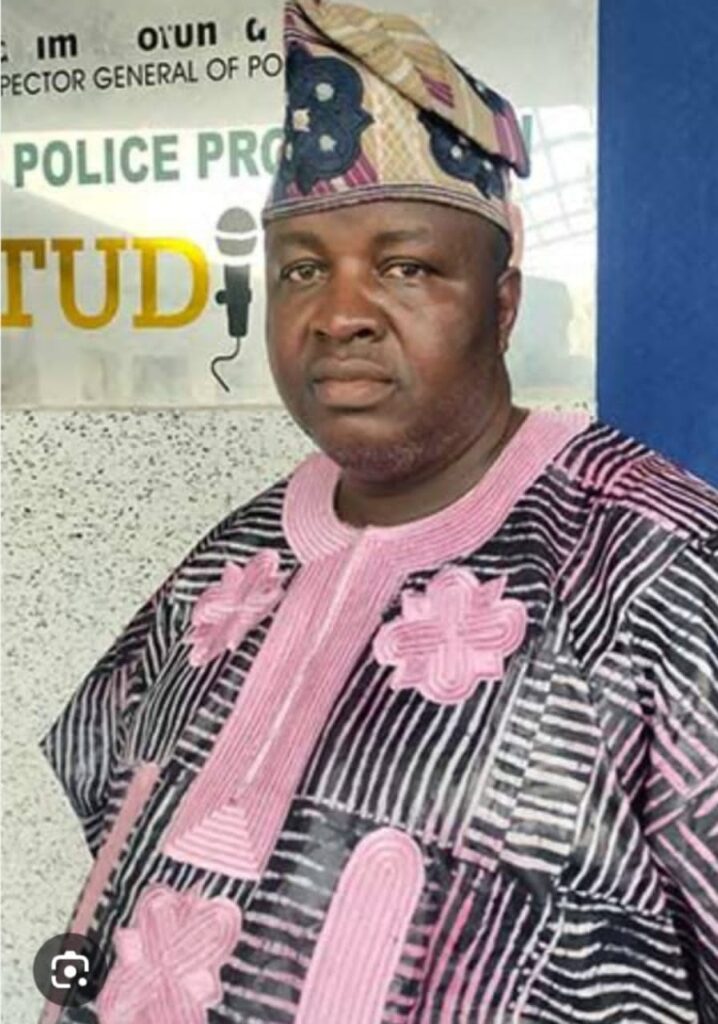Amid rising insecurity across the country, the Police Community Relations Committee (PCRC) has urged federal and state governments to deliberately and intensively engage local communities in security design and implementation, stressing that such inclusion would foster collaboration and build trust.
This call was contained in a communiqué issued at the end of a two-day PCRC Monitoring Unit National Workshop themed “Collective Security and Community Synergy” held in Abuja.
Participants commended the Inspector General of Police, Kayode Egbetokun, for championing community-oriented and intelligence-driven policing strategies, but raised concerns over persistent cases of police brutality and incivility in some areas, urging him to address the issue permanently.
The communiqué, signed by Professor Theophilus Ndubaku, Secretary General, Academic Research Institutions/Lead Rapporteur, and Amb. Austen Yong, National Coordinator, PCRC Monitoring Unit, also called on ministries and agencies including Police Affairs, Education, Information, Youth Development, Women Affairs, the Police Service Commission, and the National Orientation Agency to strengthen communication and collaboration with the PCRC to ensure grassroots impact using culturally adaptable approaches.
Local Government Chairmen were specifically tasked to establish Community Security Management Teams in their domains and partner with security-focused organizations, especially the PCRC, to monitor local security dynamics effectively. The workshop further recommended the expansion and decentralisation of PCRC Monitoring Unit activities across all geopolitical zones, while also urging the committee to institutionalise inclusive leadership models that involve women, youths, volunteers, traditional and religious institutions. It also stressed the need for regional engagements on collective security and synergy, as well as the development of a Monitoring and Evaluation Framework to track resolutions and PCRC activities.
Participants observed that insecurity ranging from insurgency, kidnapping, banditry, cybercrime, drug abuse, and cultism remains pervasive nationwide, worsened by weak communication and trust deficits between citizens and security agencies. While acknowledging PCRC’s role in conflict resolution, intelligence gathering, and police support, they highlighted challenges of poor funding, leadership incoherence in some formations, and limited youth and women participation at the grassroots.
The workshop, organised by the PCRC Monitoring Unit in collaboration with security stakeholders, had in attendance representatives of the IGP led by CP FCT Adewale Ajao, state governments of Kogi and Niger, ministries of Police Affairs, Women Affairs, Information and Youth Development, alongside traditional rulers, religious leaders, ALGON, FCDA, FCTA, civil society, and sister security agencies.
The meeting reaffirmed that security is a shared responsibility, stressing that greater inclusivity and sustained collaboration between communities, the police, local governments, and civil society remain critical to building peace and stability in Nigeria.















